OK.. i am starting a project in django 1.4 and i want MongoDB as my backend. after a half a day of google search, i figured out that mongoengine is a best option(as it is an active project and provides a django like orm)
Now the problem is 1. I cant find any good step-by-step setup guide to integrate mongoengine with a django project.
- I understand, using mongoengine means that i am replacing django orm and there is no need to do syncdb. now this project have a multi-tenant architecture (*.domain.com) which i am gonna resolve using a middleware..also a considerable part of this project will work on django admin. Question: will replacing django orm with mongoengine going to affect django admin and other operations(such as middleware, authentication etc.) ?
I am open to suggestions and criticism as well.
